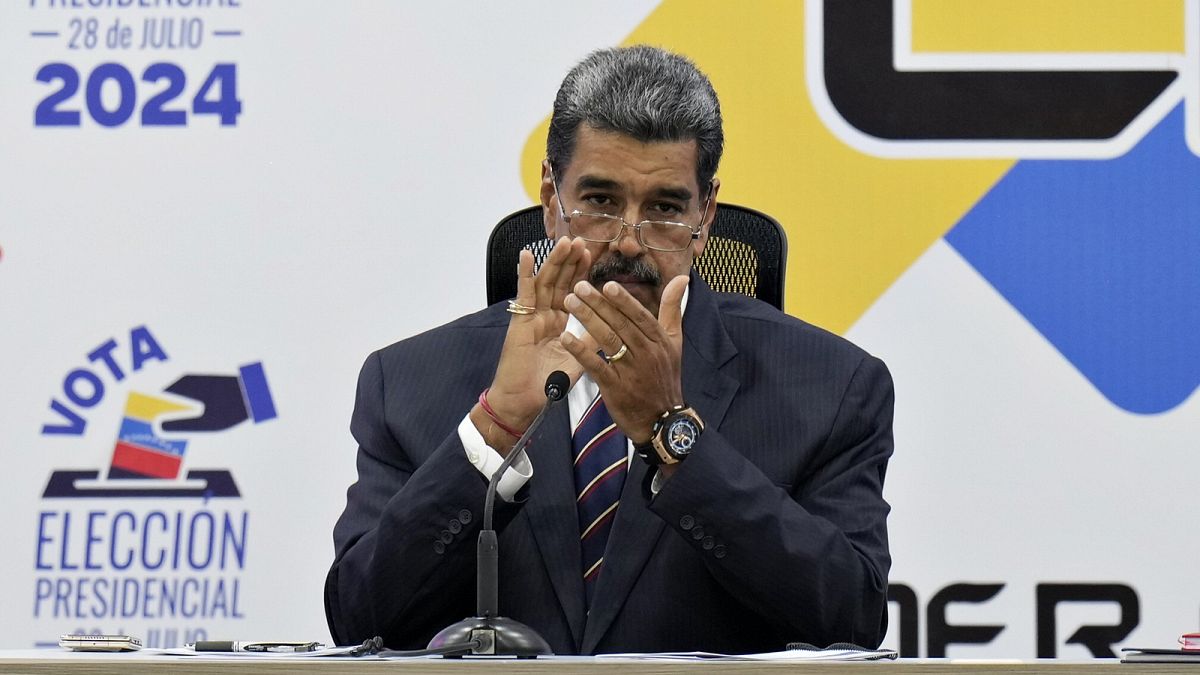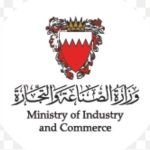The European Union has raised concerns about the transparency of Venezuela’s recent presidential election, citing numerous flaws and irregularities in the process. While the National Electoral Council declared Nicolás Maduro the winner with 51.2% of the votes, the opposition has contested the results, claiming that their candidate, Edmundo González, actually received more votes. The situation has led to protests and clashes in Venezuela, as opposition supporters view the election as a chance to end single-party rule after 25 years.
Despite the calls for transparency and concerns regarding the election process, the EU has stated that discussions about imposing new sanctions on Venezuela are premature at this stage. The focus is on finding a political solution to the crisis through engagement with national, regional, and international partners to assess the situation and determine potential next steps. The EU emphasizes the need for full respect for human rights, including the right to peaceful assembly, amidst the growing tensions in Venezuela.
Hungary’s veto blocked a joint EU statement denouncing the irregularities in Venezuela’s election, leading EU foreign policy chief Josep Borrell to publish his own statement. This move underscores growing divisions within the EU on how to respond to the situation in Venezuela and the Maduro regime. The lack of consensus among member states could impact future efforts to strengthen sanctions against Venezuela, as Hungary’s veto has previously hindered joint actions against other authoritarian regimes.
The EU’s statement called on the CNE to exercise maximum transparency in the tabulation of election results to ensure the credibility of the process. Specific concerns highlighted in the statement include arbitrary detentions, intimidation of opposition members, deficiencies in voter registration, and imbalanced media access. Borrell emphasized the need for the release of detailed results from each precinct to verify the overall election outcome.
Maduro has dismissed the protests and opposition claims as attempts backed by the United States to overthrow his government. He has accused the opposition of seeking to impose a fascist and counter-revolutionary regime in Venezuela. The political situation in Venezuela remains precarious, with tensions escalating following the disputed election results and the subsequent protests. The EU’s call for calm and respect for human rights aims to prevent further violence and instability in the country.
The EU’s current sanctions against Maduro’s regime date back to 2017 and include measures such as a ban on arms exports and the blacklisting of individuals accused of undermining democracy in Venezuela. The failure to reach a consensus on addressing the situation in Venezuela could hamper future efforts to impose additional sanctions or take stronger action against the Maduro government. The EU’s position reflects a delicate balancing act between promoting democracy and human rights while navigating political divisions and differing opinions among member states.





















